Related Research Articles
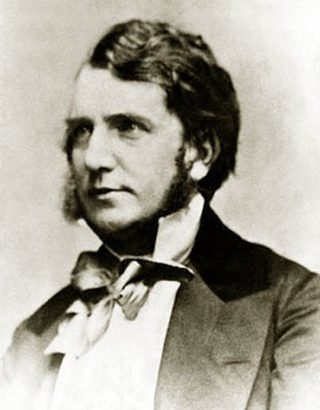
Joseph Thomas Sheridan Le Fanu was an Irish writer of Gothic tales, mystery novels, and horror fiction. He was a leading ghost story writer of his time, central to the development of the genre in the Victorian era. M. R. James described Le Fanu as "absolutely in the first rank as a writer of ghost stories". Three of his best-known works are the locked-room mystery Uncle Silas, the lesbian vampire novella Carmilla, and the historical novel The House by the Churchyard.

Montague Rhodes James was an English medievalist scholar and author who served as provost of King's College, Cambridge (1905–1918), and of Eton College (1918–1936) as well as Vice-Chancellor of the University of Cambridge (1913–1915). James's scholarly work is still highly regarded, but he is best remembered for his ghost stories, which are considered by many critics and authors as the finest in the English language and widely influential on modern horror.
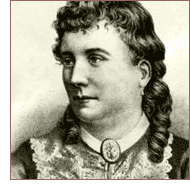
Mary Elizabeth Braddon was an English popular novelist of the Victorian era. She is best known for her 1862 sensation novel Lady Audley's Secret, which has also been dramatised and filmed several times.
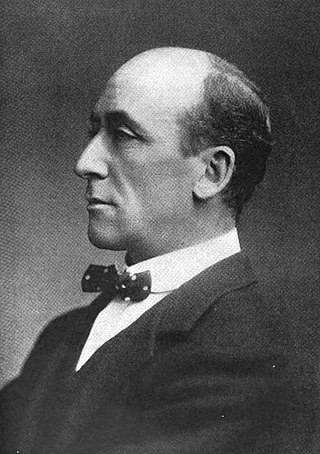
Algernon Henry Blackwood, CBE was an English broadcasting narrator, journalist, novelist and short story writer, and among the most prolific ghost story writers in the history of the genre. The literary critic S. T. Joshi stated, "His work is more consistently meritorious than any weird writer's except Dunsany's" and that his short story collection Incredible Adventures (1914) "may be the premier weird collection of this or any other century".
Reginald Charles Hill FRSL was an English crime writer and the winner in 1995 of the Crime Writers' Association Cartier Diamond Dagger for Lifetime Achievement. He was inducted into the prestigious Detection Club in 1978.

Raymond Benson is an American writer known for his James Bond novels published between 1997 and 2003.
David Pringle is a Scottish science fiction editor and critic.

A ghost story is any piece of fiction, or drama, that includes a ghost, or simply takes as a premise the possibility of ghosts or characters' belief in them. The "ghost" may appear of its own accord or be summoned by magic. Linked to the ghost is the idea of a "haunting", where a supernatural entity is tied to a place, object or person. Ghost stories are commonly examples of ghostlore.
Hugh Kingsmill Lunn, who dropped his surname for professional purposes, was a versatile British writer and journalist. The writers Arnold Lunn and Brian Lunn were his brothers.
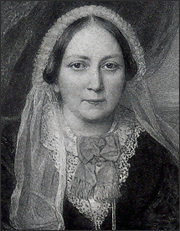
Ellen Price was an English novelist better known as Mrs. Henry Wood. She is best remembered for her 1861 novel East Lynne. Many of her books sold well internationally and were widely read in the United States. In her time, she surpassed Charles Dickens in fame in Australia.
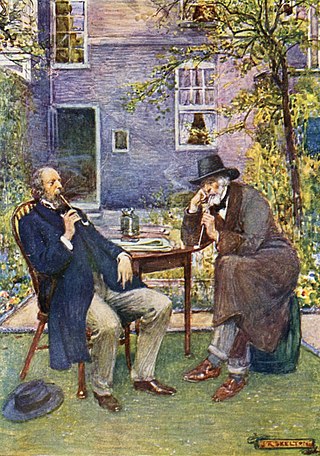
Victorian literature is English literature during the reign of Queen Victoria (1837–1901). The 19th century is considered by some to be the Golden Age of English Literature, especially for British novels. It was in the Victorian era that the novel became the leading literary genre in English. English writing from this era reflects the major transformations in most aspects of English life, from scientific, economic, and technological advances to changes in class structures and the role of religion in society. The number of new novels published each year increased from 100 at the start of the period to 1000 by the end of it. Famous novelists from this period include Charles Dickens, William Makepeace Thackeray, the three Brontë sisters, Elizabeth Gaskell, George Eliot, Thomas Hardy, and Rudyard Kipling.
Otto Penzler is an American editor of mystery fiction, and proprietor of The Mysterious Bookshop in New York City.
Nationality words link to articles with information on the nation's poetry or literature.
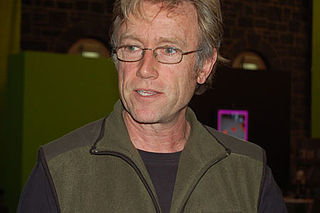
Paul Collins is an Australian writer and editor who specializes in science fiction and fantasy.

Lisa Gracia Tuttle is an American-born science fiction, fantasy, and horror author. She has published more than a dozen novels, seven short story collections, and several non-fiction titles, including a reference book on feminism, Encyclopedia of Feminism (1986). She has also edited several anthologies and reviewed books for various publications. She has been living in the United Kingdom since 1981.
Nationality words link to articles with information on the nation's poetry or literature.
Nationality words link to articles with information on the nation's poetry or literature.
Alfred McLelland Burrage (1889–1956) was a British writer. He was noted in his time as an author of fiction for boys which he published under the pseudonym Frank Lelland, including a popular series called "Tufty". After his death, however, Burrage became best known for his ghost stories.
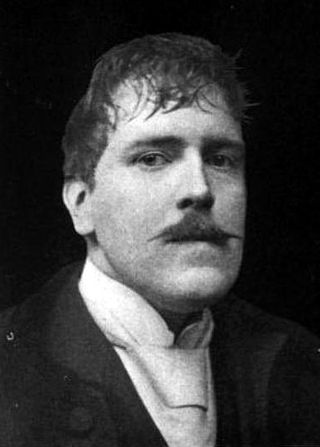
Robert Murray Gilchrist was an English novelist and author of regional interest books about the Peak District of north central England. He is best known today for his decadent and Gothic short fiction.
Ron Weighell was a British writer of fiction in the supernatural, fantasy and horror genre, whose work was published in the U.K., the U.S.A., Canada, Germany, Ireland, Romania, Finland, Belgium and Mexico. His stories were included in over fifty anthologies and published in six volumes containing his own work exclusively. Weighell is listed as an author in the online Bibliothèque Nationale de France, with a selected bibliography. A short biography and limited bibliography are available in the goodreads.com website. A more extensive bibliography of his published work is available in the Internet Speculative Fiction Database. Weighell died on 24 December 2020, some weeks after suffering a stroke. Obituaries have been published by the Fortean Times magazine, the newsletter of The Sherlock Holmes Society of London, and Locus Magazine.
References
- 1 2 3 "Michael Cox: Author who secured a record advance for his first novel" Christopher Hawtree. The Independent, 4 April 2009. Retrieved 10 February 2017.
- 1 2 "Michael Cox: Obituary". The Telegraph. 3 April 2009.
- 1 2 3 "The Guardian, Monday 6 April 2009"
- ↑ The Times 4 April 2009 Michael Cox: Publisher's editor who scored a...